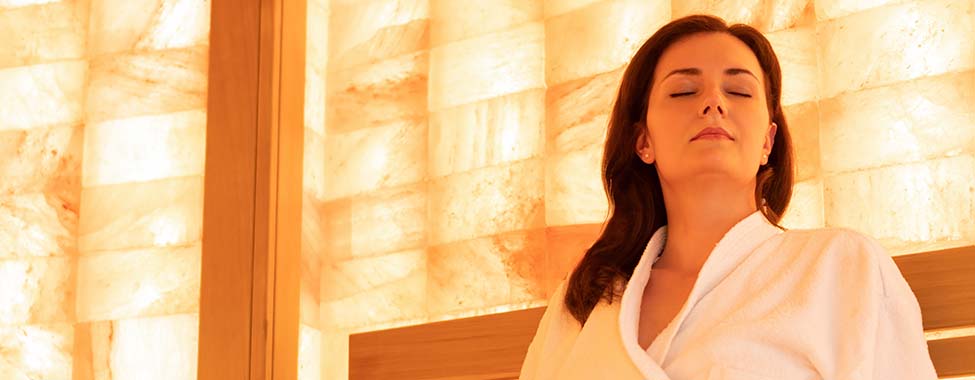Dry salt therapy, also known as halotherapy, is a holistic alternative therapy that has been used for centuries to promote relaxation and improve respiratory and skin conditions. It is a natural healing process that involves inhaling microscopic salt particles suspended in a salt room or booth.
Benefits of Dry Salt Therapy
Dry salt therapy is thought to provide numerous health benefits, including improved respiratory health and skin conditions. It has been found to help reduce inflammation, reduce mucus production, and improve lung function. Additionally, it has been shown to reduce stress and anxiety, improve sleep quality, and reduce snoring. Dry salt therapy is also believed to boost the immune system, reduce fatigue, and improve overall well-being.

Image Source: Google
How Does Dry Salt Therapy Work?
When breathed in, the salt particles enter the body and work to reduce inflammation and improve the functioning of the respiratory system. The salt particles can also help to reduce the production of mucus, helping to clear congestion. Additionally, the salt particles are believed to help reduce stress and anxiety, improve sleep quality, and reduce snoring.
What Are the Different Types of Dry Salt Therapy?
There are two main types of dry salt therapy: room-based and booth-based. Room-based therapy involves being in a salt-filled room for some time. Booth-based therapy involves sitting in a booth or chamber filled with salt particles for some time.
Conclusion
Dry salt therapy is a holistic alternative therapy that has been used for centuries to promote relaxation and improve respiratory and skin conditions. It is believed to provide numerous health benefits, including improved respiratory health and skin conditions, reduced inflammation, reduced stress and anxiety, improved sleep quality, and reduced snoring. There are two main types of dry salt therapy: room-based and booth-based.